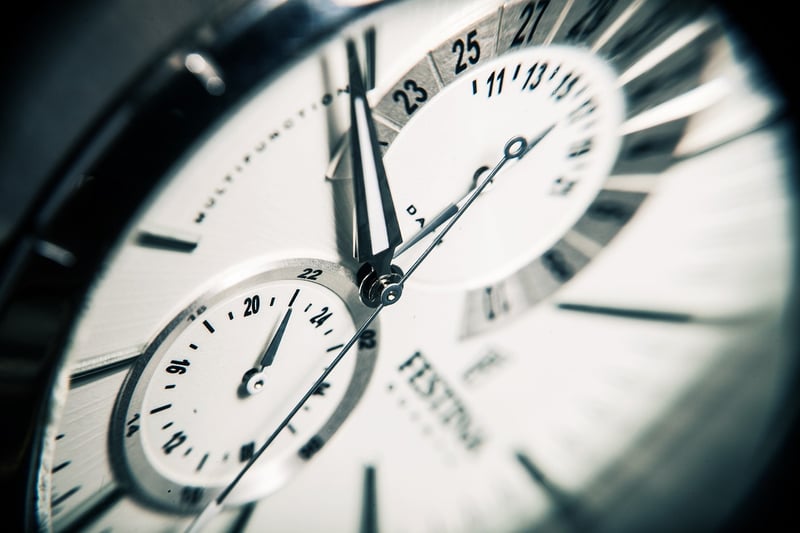Altering Timelines
The Impact of Moral Considerations on Altering Timelines
When it comes to altering timelines, whether in the context of time travel, historical events, or personal choices, moral considerations play a crucial role in shaping the outcomes. The ethical implications of changing timelines are vast and complex, often leading to thought-provoking discussions and debates.
Understanding Moral Dilemmas
One of the key aspects of altering timelines is the concept of moral dilemmas. For instance, if given the opportunity to go back in time and prevent a tragic event from happening, should one do so even if it means potentially altering the course of history and unknown consequences?
The Butterfly Effect
The butterfly effect, a popular theory in chaos theory, suggests that a small change can have far-reaching effects. This concept is often applied to discussions around altering timelines, highlighting the unpredictable nature of meddling with past events.
Personal Responsibility
Individuals who have the ability to alter timelines may find themselves grappling with a strong sense of personal responsibility. The choices they make could have significant repercussions not only for themselves but for others and the world at large.
Ethical Guidelines
Many ethical frameworks and guidelines exist to help navigate the complexities of altering timelines. Concepts such as utilitarianism, deontology, and virtue ethics can provide valuable insights into the right course of action when faced with such decisions.
Conclusion
In conclusion, the interplay between moral considerations and altering timelines is a fascinating subject that raises profound questions about the nature of choice, consequence, and ethics. As we continue to explore the possibilities of changing the past or shaping the future, it is essential to approach such endeavors with a keen awareness of the moral implications involved.

For further reading on this topic, you can check out Stanford Encyclopedia of Philosophy - Time Travel.
